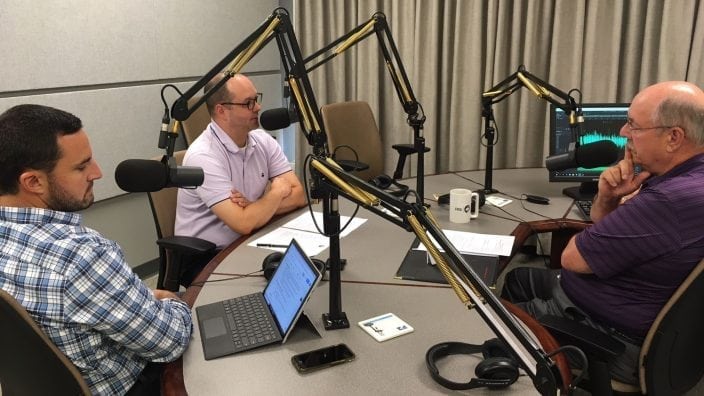Applications for Ohio Farm Bureau Health Plans now available
Members have three ways to apply: contacting a certified agent, calling 833-468-4280 or visiting ohiofarmbureauhealthplans.org.
Read MoreGov. John Kasich issued an executive order that could place greater than 2 million acres under new regulations established by a Watershed in Distress designation for eight separate watersheds in the Maumee River Basin.
Named in the governor’s executive order are all or portions of the following watersheds (map):
It also directs the creation of administrative rules “for the use, storage, handling and control of nutrients and the development of management plans for all agricultural land and operations within each designated watershed.”
Ohio Farm Bureau believes these rules will attempt to regulate both manure and commercial fertilizer and could be in conflict with current regulations already established in the region.
Here is an interview with Ohio Farm Bureau Senior Director Policy Outreach Brandon Kern and Senior Director, State and National Policy Jack Irvin who give insight into what Kasich’s order means for Ohio farmers and what actions Ohio Farm Bureau is taking.
Some excerpts:
Jack: The governor has directed his agencies to come together and work on declaring potentially a watershed in distress for up to eight different watersheds in northwest Ohio of course. The Western Lake Erie Basin and primarily in that kind of lower portion of the western Lake Erie Basin. Kind of a long story short, still a lot of process to go through but the director of agriculture kind of formulates all the proposals, formulates the reports, has to move forward with having the Soil and Water Commission, it’s an independent body that would review, thumbs up or thumbs down to move forward and then the department would try to implement a series of rule packages. So unfortunately, we don’t know a ton at this point in terms of the exact details as the administration hasn’t been sharing those with us. But we are pretty confident that it would have some similarities to what’s been going on in Grand Lake St. Mary’s.
Brandon: Well, I think there’s certainly a lot of questions that still need to be answered and I think there’s still a lot of confusion at this point about how this will be implemented because as Jack said, we don’t have a lot of details yet. We’ve got kind of a general outline from the governor’s executive order but not a lot of details about how it could potentially be implemented. And I think there’s definitely a large level of frustration to the fact that we didn’t have the chance to be able to provide some of the feedback that we feel would have been helpful in eliminating some of that confusion and you know some of the shortcomings of this approach that we’ve already identified. So you know it seems like there’s also a little bit of inconsistency. You know the fact that we’re going the regulatory route here. There are some inconsistency in the administration’s rhetoric about how many resources they’ve put towards the water quality issues surrounding Lake Erie and then how they’ve treated agriculture.
Jack: Well certainly we’re (Farm Bureau) not just going to sit back and be idle. We’ve been engaging all along as best we can and will continue to do that. We’re going to explore any type of legal options. We have certainly been engaged in the rule making process, going to engage with the (Ohio Soil and Water) commissioners and just getting out with our grassroots (members) and explaining what’s going on as best we can.


Members have three ways to apply: contacting a certified agent, calling 833-468-4280 or visiting ohiofarmbureauhealthplans.org.
Read More

Introduced by Sen. Paula Hicks-Hudson, SB 120 would establish the Urban Farmer Youth Initiative Pilot Program.
Read More

Gases, vapors, and fumes can all create risk. How can we measure and protect ourselves from them?
Read More

The Ohio Farm Bureau’s Young Agricultural Professionals State Committee has named its 2026 leadership and the individuals who will be serving on the state committee for 2026-2028.
Read More

The Ohio Farm Bureau Foundation has multiple scholarships available to Ohio students from rural, suburban and urban communities who are pursuing degrees with a connection to the agricultural industry.
Read More

With 100% bonus depreciation now permanent, farmers can deduct the full cost of a new agricultural building in the year it’s placed in service.
Read More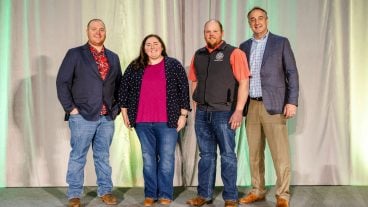
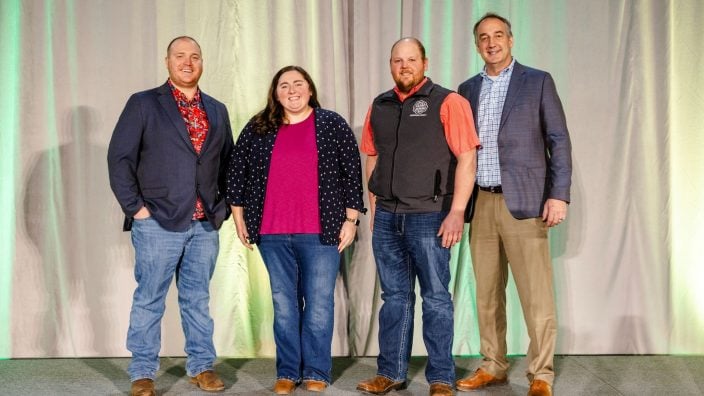
Lincoln Deitrick was named the Outstanding Young Farmer, Denver Davis won the Excellence in Agriculture Award, and Margaret Houts won the Discussion Meet.
Read More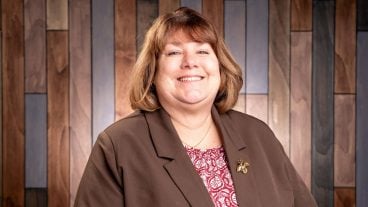
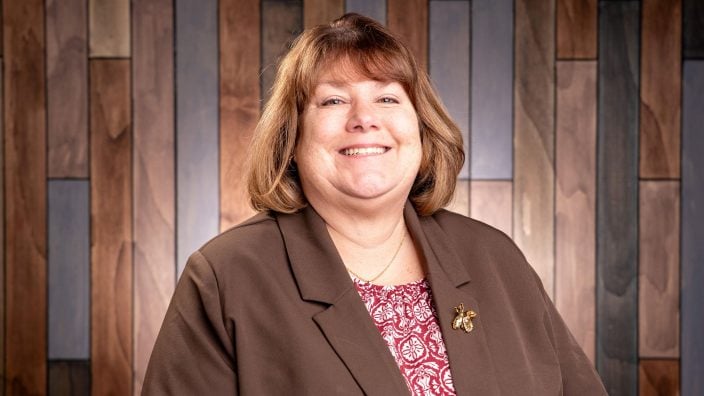
Michelle Downing of Franklin County has been named finance director of county operations for Ohio Farm Bureau.
Read More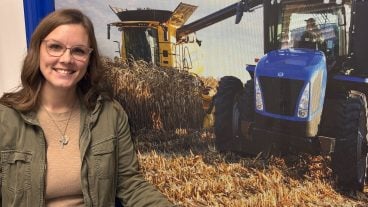
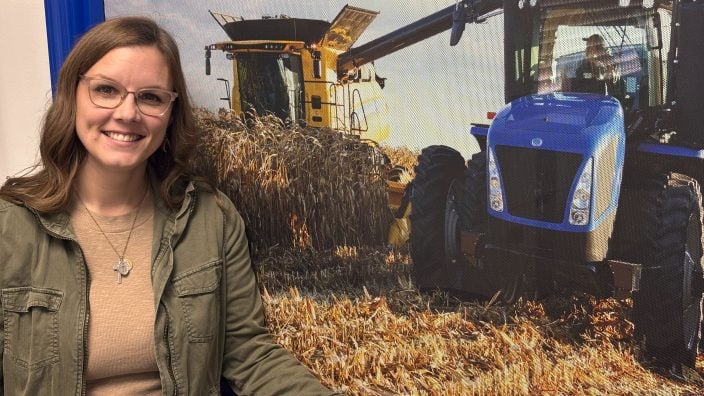
Remember why you joined Farm Bureau and find others that want to join for the same reasons. ~ Alicia Weaver
Read More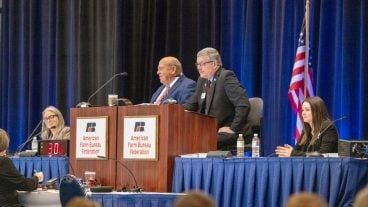
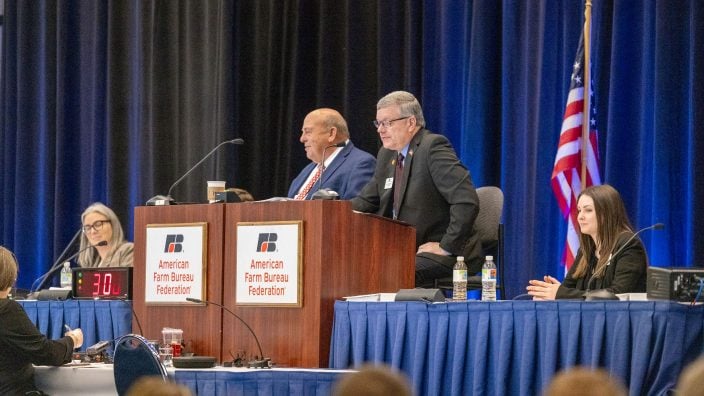
Ohio Farm Bureau brought forth 10 policies to be voted upon by delegates at the American Farm Bureau Annual Convention in Anaheim earlier this week, and all 10 were approved as national policy.
Read More